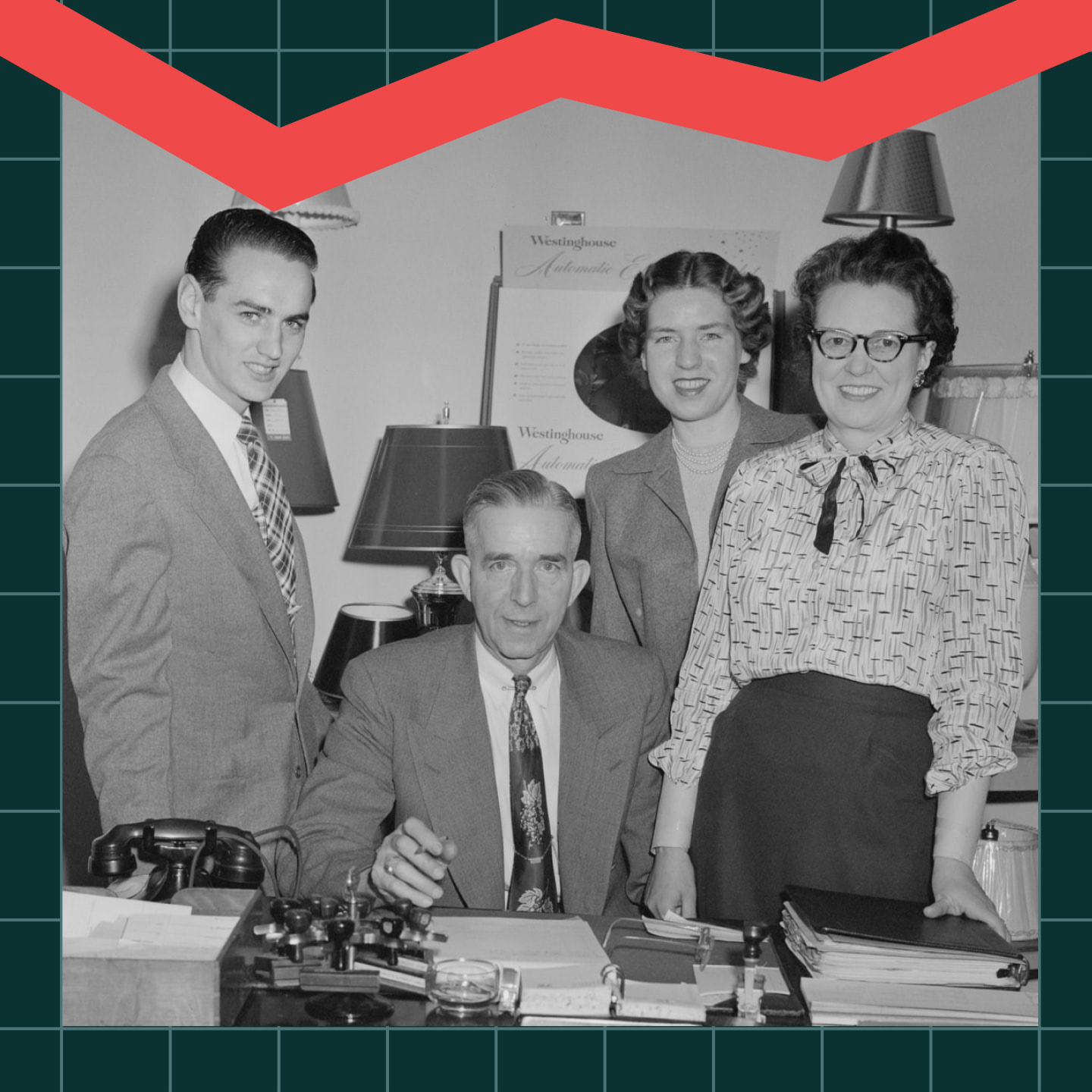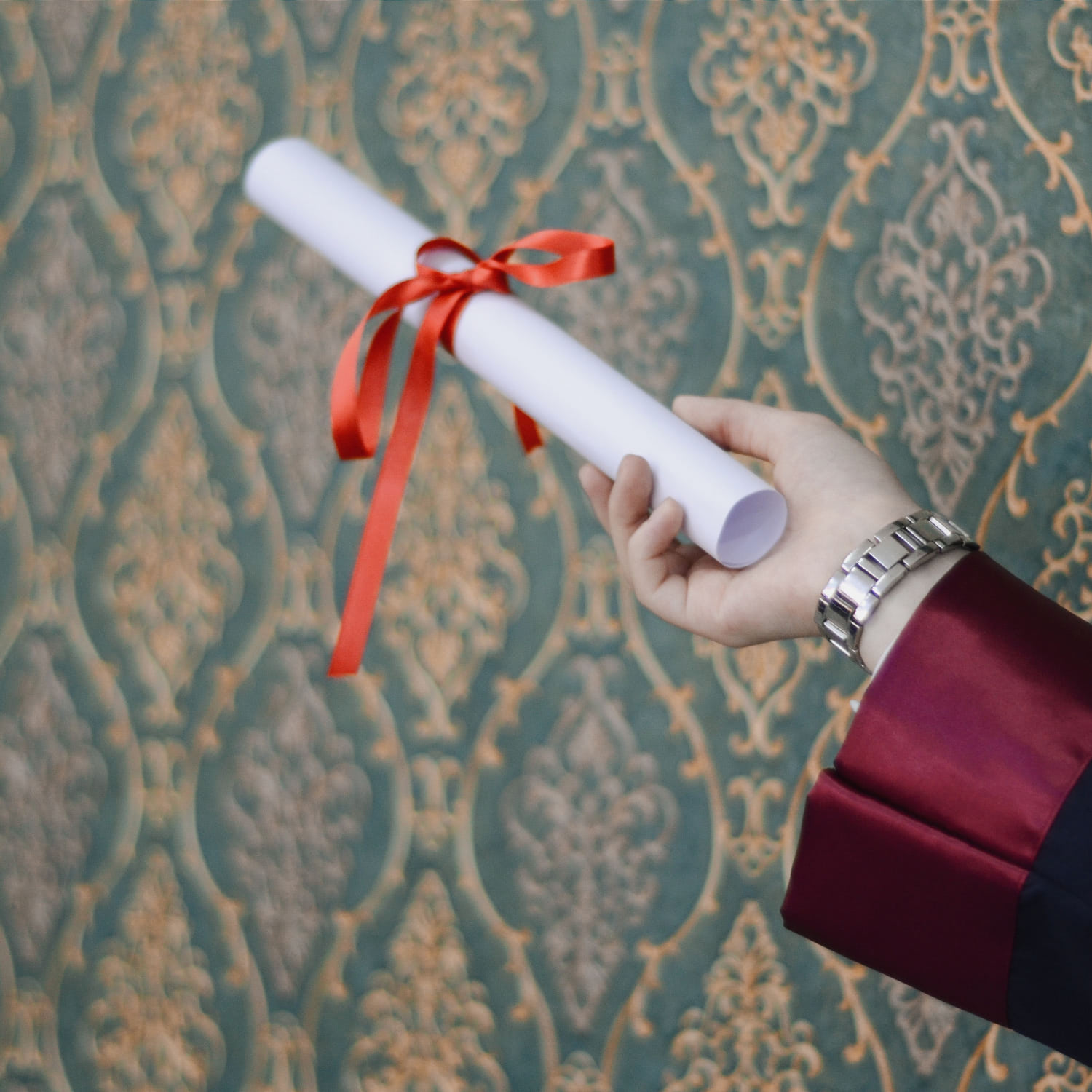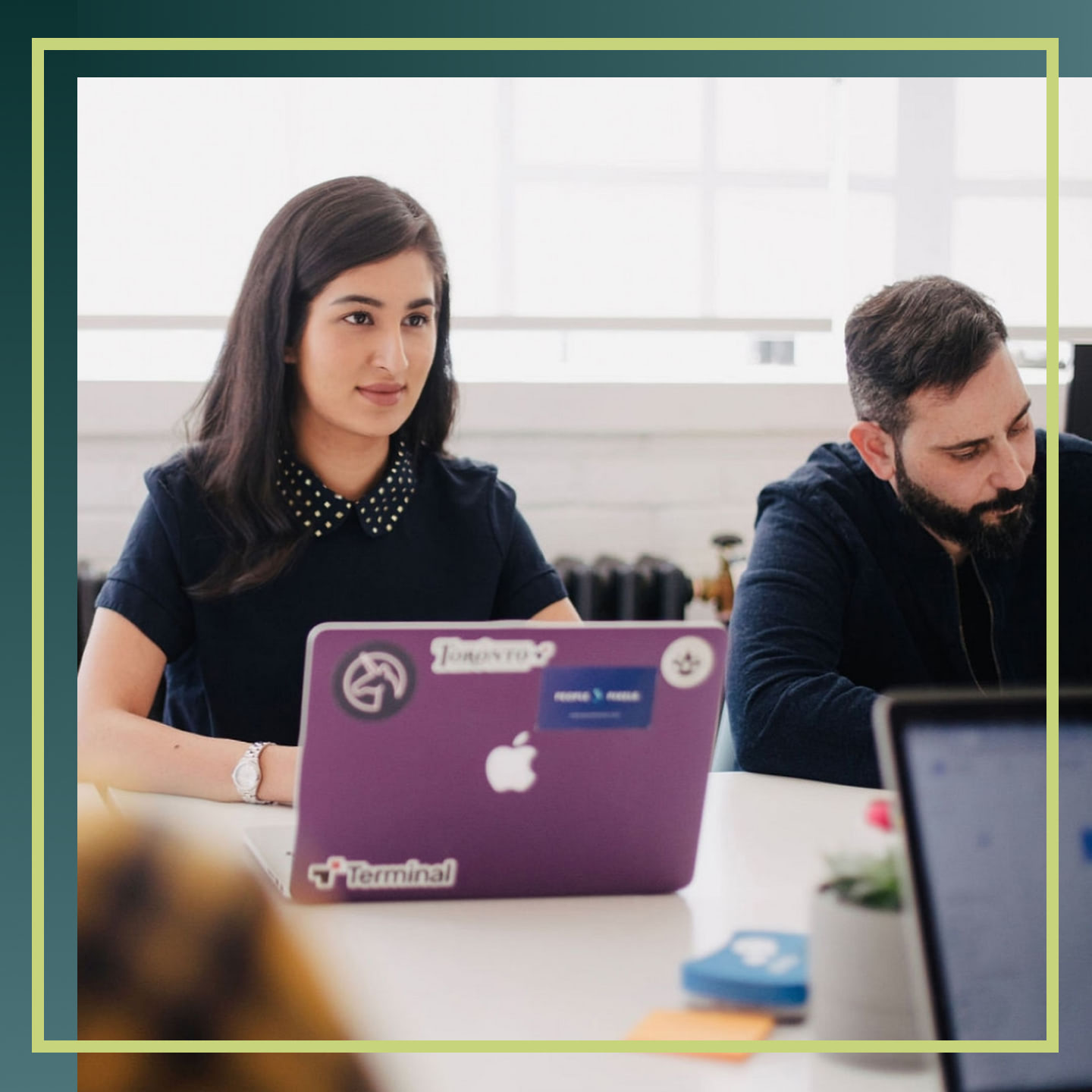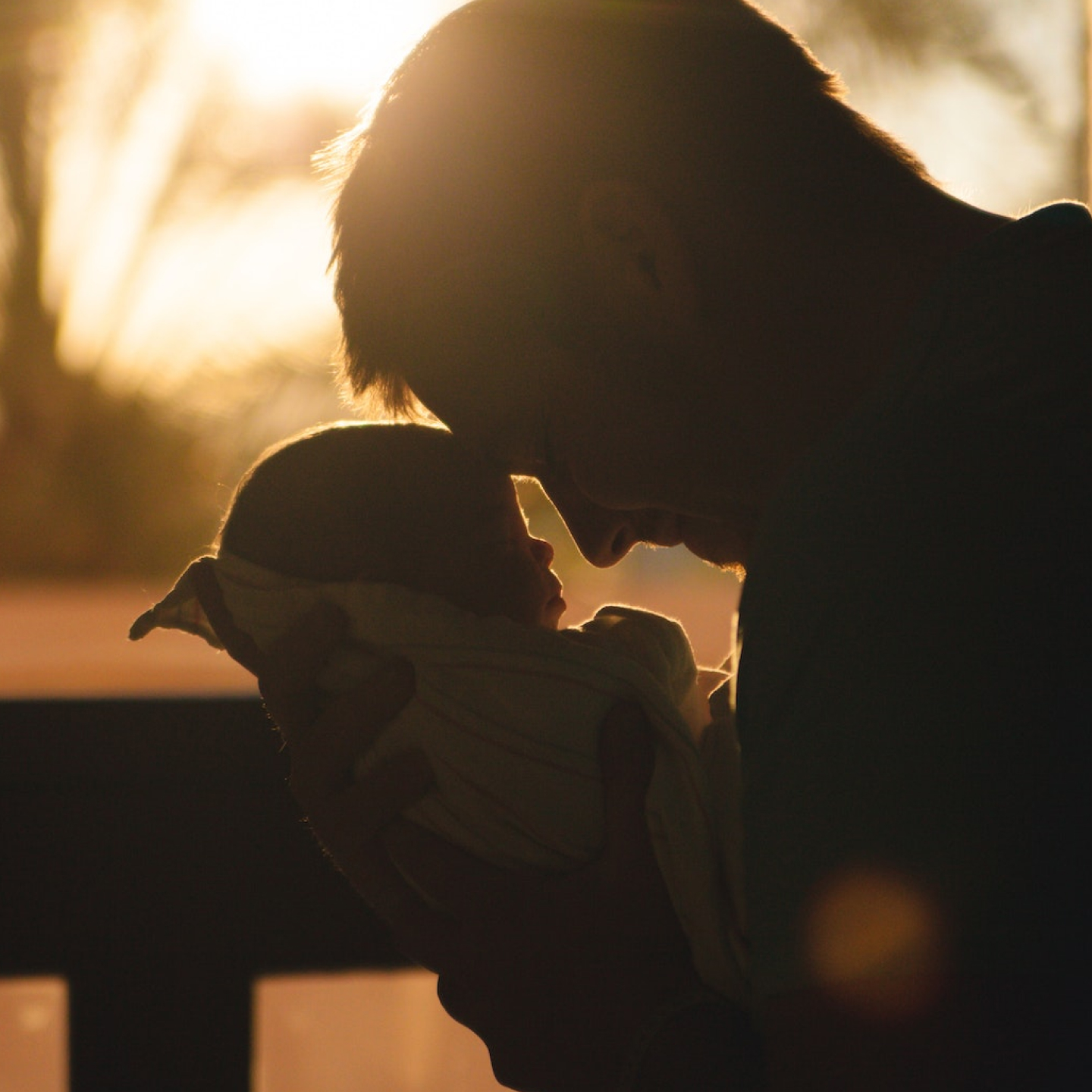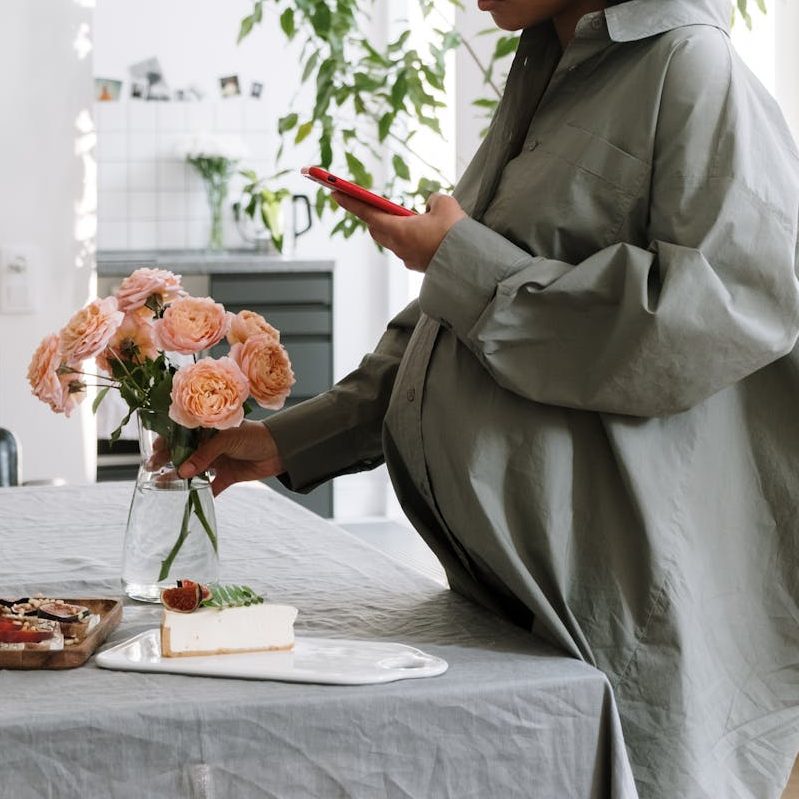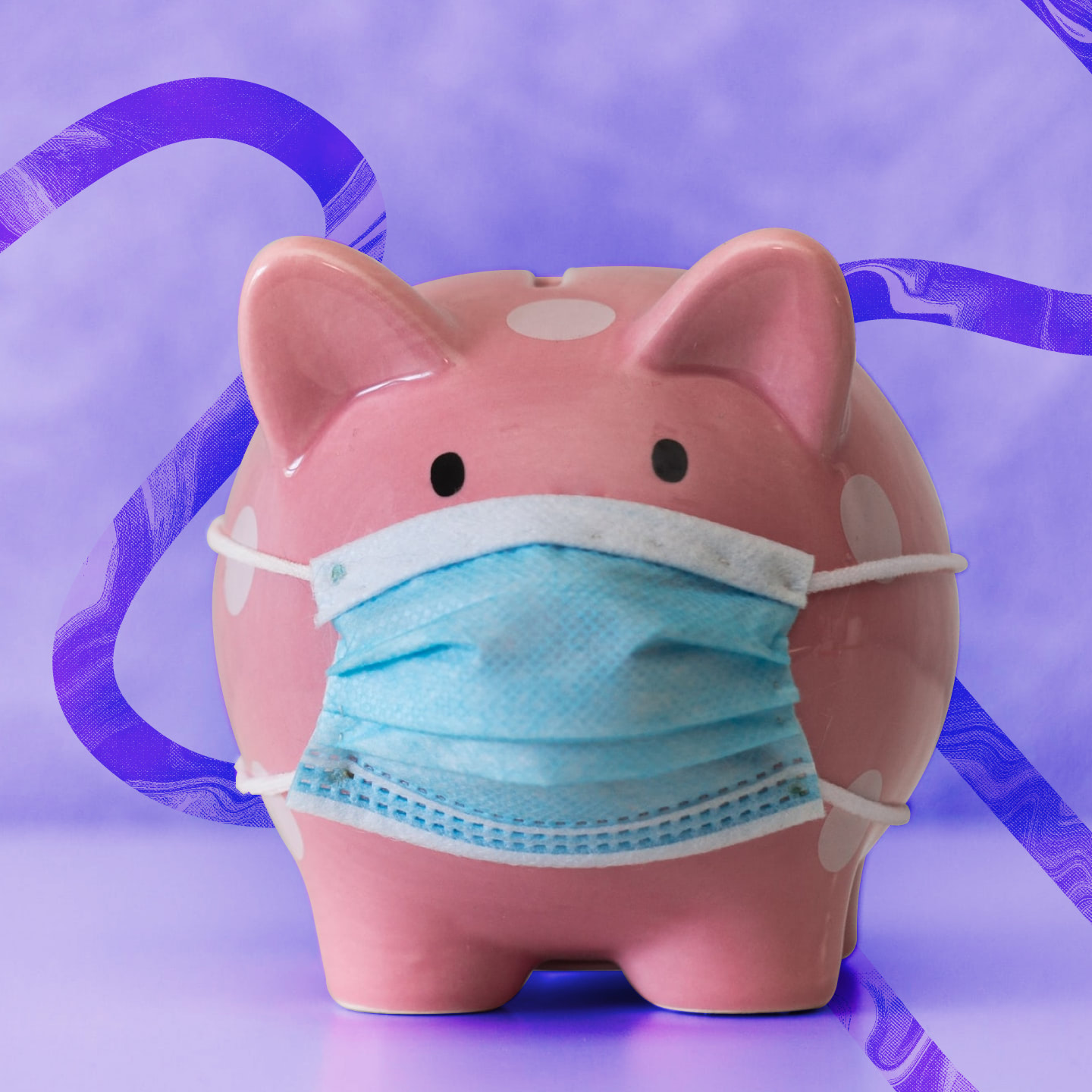
The System Is Built to Keep You Down: It's Not Just COVID-19 That Crushed My Bank Account|Lots of financially stable people saw huge losses in their investments during the pandemic.
The System Is Built to Keep You Down: It's Not Just COVID-19 That Crushed My Bank Account|Lots of financially stable people saw huge losses in their investments during the pandemic.
The System Is Built to Keep You Down: It's Not Just COVID-19 That Crushed My Bank Account
The first time that everything really clicked was in the chair of my therapist’s office. I was sharing a childhood experience that I’ve always felt a lot of reverence for: I was around 8 or 9 years old, and my mom and I were squatting in my grandma’s foreclosed condo. I didn’t really know what was happening at the time; all I knew was that I was hungry and bored. The fridge was becoming more and more barren by the day—until one day, there was nothing left. The details are foggy as to what happened next, but I know that I ended up going three days without food. Looking back at that experience, I’d always felt a sense of pride in our perseverance—my mom and me versus the world. That was until my therapist looked at me, concerned, and brought that idea crashing down. “There were ways for her to feed you without money,” he said. “She failed you there.”
When the lockdown hit, I lost my job.
The Poverty Mindset Was Ingrained in Me From Childhood
By the time I started having these kinds of earth-shattering breakthroughs, I was already in my sophomore year of college. I had my own apartment, a few thousand dollars saved up and a job as a bartender-slash-server, making enough money to cover anything I needed in my early 20s. But even though I was far removed from the destitution of my childhood, I still lived every day like I was right in the middle of it. Looking back, I was lucky then.I don’t want to overstate the COVID-19 impact. The pandemic has affected us all greatly, and to dig into it would be just rehashing a nearly three-year-long conversation at this point. I’m only bringing this up because I can blame a lot of where I’m at now on the pandemic and what it did to my life and finances. When we first started hearing rumblings about COVID, the tourist season in my town was still in full swing. I was making money hand over fist at the bar. I had also invested a few thousand dollars in Tesla stock in 2019, and it was about to take off. My stock portfolio rose by over 1,000 percent over the next year and a half. In March of 2020, I was the most secure financially I had ever been. I was nearly done with my bachelor’s degree; I had a steady gig; and I had almost 20 grand in my stock portfolio. When the lockdown hit, I lost my job. I couldn’t access my unemployment account, stuck behind the hundreds of thousands of people. And when I was able to access my account, I already started a job at a grocery store to make ends meet, so I didn’t qualify for the benefits anymore. While I started burning through my savings, I also decided to move the money I had in stable, well-performing stock to much higher-risk, higher-reward stocks. Those high-risk stocks absolutely tanked. I bought in at nearly $26 a share, and they fell all the way to $6. I lost nearly 11 grand. By the time my lease was up in March of 2021, I wasn’t able to afford my apartment anymore and had to move back in with my family. A year or so later, I’m still just barely keeping my head above water and trying to get back on my feet. And since then, I’ve come to understand a lot of the systems in place and started seeing things that never stuck out to me, even when my life was substantially harder.

Being Poor Gets Really Expensive
One thing is that when you lose your job and have no other reliable source of income, your credit cards become lifelines. A parasitic relationship forms. Then, as interest starts racking up, you start doing everything you can to keep your balance under control. Even if you start making money again, you still have to find a way to pay down those cards, and you often find yourself throwing money into the void just to keep your balance under control. That’s where I found myself at the start of this. Before moving back in with my family, I was stretching my credit cards thin just to pay my bills. By the time I moved back in with my family, my interest had started kicking in. I considered my financial options and sought out advice from friends, family and my bank. Some of the most common suggestions were debt transfer credit cards and personal loans—the former to move my debt to a lower-interest card, and the latter to consolidate my debt in one fell swoop with a more manageable interest payment. Over a period of about three months, I applied for nearly 15 debt transfer cards and five personal loans and was denied by every single one. I was rarely given a reason beyond my credit or current taxable income. Apparently, I could afford a $200-a-month interest payment, but I couldn’t handle $100 a month to pay down a loan—or at least that’s how the banks saw it. Obviously, that’s anecdotal, but these types of systems exist all over. The standard nine-to-five workday, for example. Most important businesses, like doctors' offices, banks and auto shops, are open from nine to five, when most of the general working population is stuck at work. If you’re lucky, you might have the choice to take off work, but potentially miss out on a day’s pay. Or if they’re open on the weekend, you’ll be stuck behind all the other nine-to-five workers who couldn’t make it during the week.According to a 2020 Pew Research study, about half of lower-income households in America faced wage loss due to COVID-19, and with service jobs reeling from the pandemic, young workers are expected to deal with the worst fallout from this economic upheaval. As a whole, 61 percent of American consumers are living paycheck to paycheck. Something like a traffic ticket can be earth-shatteringly bad for some of these people, including myself—one $80 ticket may be the difference between being able to fully feed yourself that week or not. And now that I’m finally starting to climb out of the hole that I’ve fallen into over the past few years, I’m coming back with a lot of perspective. The things that I dealt with, primarily as a child, are coming back to light in my adult eyes, framed by my experience and understanding. Things that would have otherwise fallen by the wayside have come back to the forefront of my mind, and all the anxiety that comes with it.
I’m not doing well, but I’m also not destitute.
After Being Up, Then Down, Finding Middle Ground Feels Good
When I was a teenager, I became incredibly familiar with the taste of buttered pasta meals. They were cheap, filling and plentiful. We could always scratch together the five bucks for a box of pasta shells, even if we couldn’t get gas. But when I was 21, I had enough to eat incredibly well each week, trying new recipes nearly every day. My mom used to always back our mothball-flooded Ford Explorer into her parking spots. If anyone started getting a little too close to the car, I saw her get incredibly anxious. I now know that was because she was watching for people that may repo her car. She was hiding the plate and making it hard to tow. She couldn’t afford the lease anymore, but we still needed transportation. Just after the pandemic started, and I wasn’t burning money yet, my shitbox Ford Taurus died, and I bought a new car the same day. Now I find myself in a weird middle ground. I’m bringing in enough money to have a little savings but not nearly as much as I did before. I’m not doing well, but I’m also not destitute. The ebb and flow finally feel like it has found a middle ground. Instead of being dictated by luck, good or bad, my life feels like it’s just passing now, and the things ahead are in my hands.



